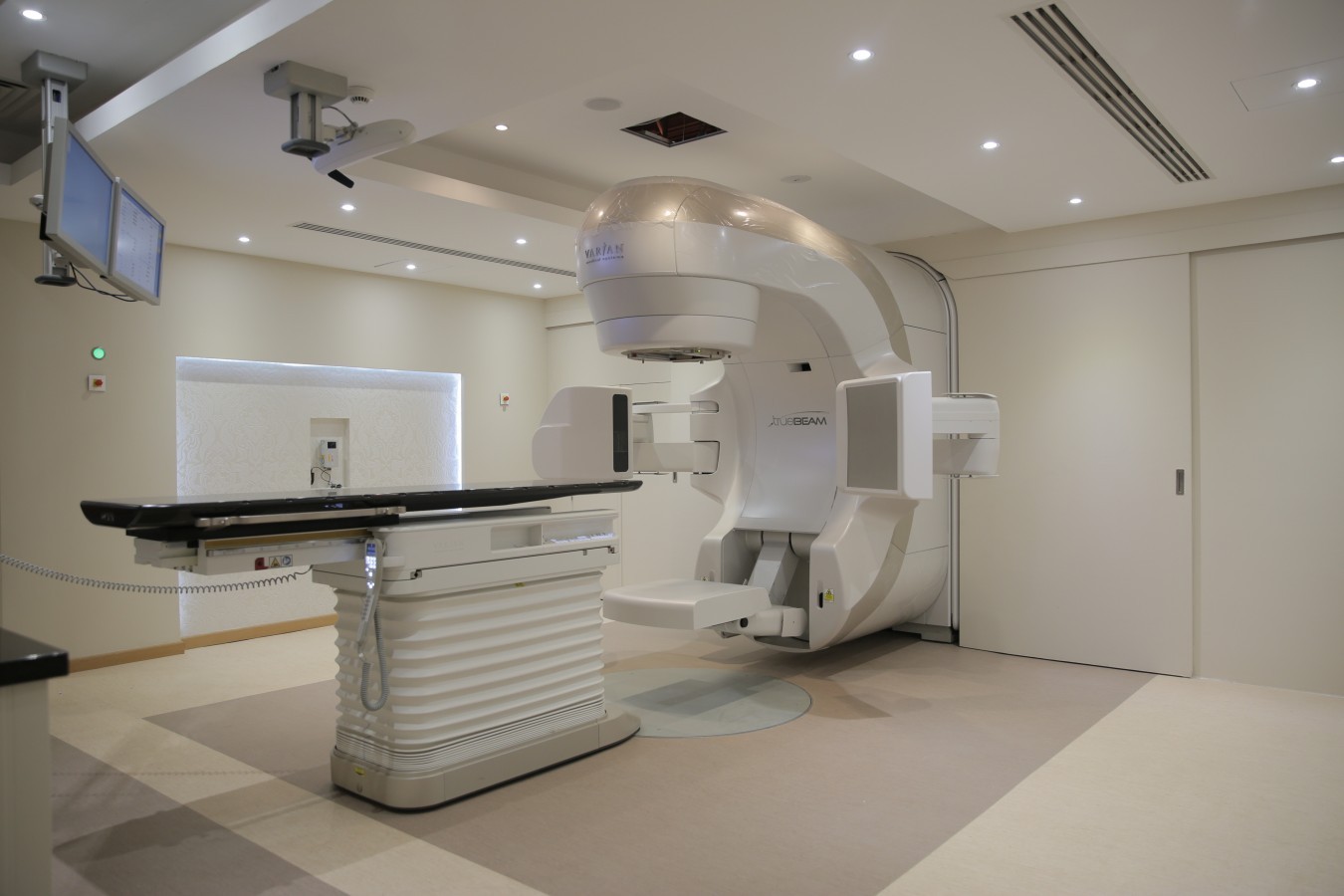10 Advices for Radiotherapy
10 Advice for Radiotherapy
10 Advices for Radiotherapy
Radiotherapy is a treatment that uses radiation to kill
cancer cells and reduce the size of tumors. Radiation has the power to induce
DNA damage, and, since cancer cells have trouble in repairing DNA, radiation
can be used to induce damage to a point where they are killed. For this reason,
radiation is given daily in small doses: this can give healthy cells time to
repair themselves, preventing other types of cancer to arise. It takes some
time for cancer cells to die by receiving this radiation, and so radiotherapy
normally lasts weeks or months. It is common for people to have five sessions a
week, but the duration and frequency of sessions depend entirely on the nature
of each case.
Radiotherapy
can be internal or external. In the first, a machine will focus the radiation
on cancer’s area, while in the second a radioactive implant is put inside
the body, or a radioactive liquid is swallowed or injected [1]. It can be
combined with surgical treatment for better outcomes. Before surgery, radiation
can shrink the tumor and make it less likely to return. During surgery, it can
be applied directly to the tumor, in higher doses. After surgery, it can kill
the remaining cancer cells [2].
1- Before
Radiation Therapy
Before starting your radiotherapy sessions, there is some important information you should have. Don’t be afraid to talk to your care team and ask everything you want to know. Try to understand what will happen, which type of radiation you will receive, how many sessions you will go through and how often they will happen. Also, side effects are very common. Be prepared to experience some of them, and try to find solutions with your care team to keep your daily activities. You may need some help with your normal activities during the course of treatment, like taking care of the children or housework. Ask a friend or another family member for help during this period of time. It is also important to
2- Side effects are very common
Be prepared to find solutions with your doctors
To maintain your daily activities, you may need some help with your normal activities during treatment such as childcare or household chores.
3- Let your team know if you have any implants;
4- Have a talk about fertility with your doctor. Some kinds of
treatment may affect your fertility, so it is important to discuss your future
plans with your care team;
5- Pay attention to your side effects during the treatment.
Write down what you feel, and never hesitate to ask for more information about your
symptoms. There is probably a way to ease them.
6- Prevent pregnancy. During the treatment, use contraception
methods, as the radiation employed may have serious effects on babies.
7- Stop smoking. Smoking can make the treatment less effective and also make the side effects more serious. It is a tough time, and people can help to ease the stress you may be feeling.
8- Find some hobbies. Finding a way to relax and enjoy your time is essential, since you may be unable to work with the same intensity or frequency as before.
9- Tell your friends what you feel.
10- Sleep enough time.
Eating During Radiation Therapy
The aforementioned side effects can include nausea, mouth
sores, esophagitis, and lack of appetite. This can make it very hard to eat but,
since your body uses a lot of energy to deal with the disease and the
treatment, you have to eat calories and protein in a sufficient amount. It is,
therefore, very important, to maintain your weight during treatment










